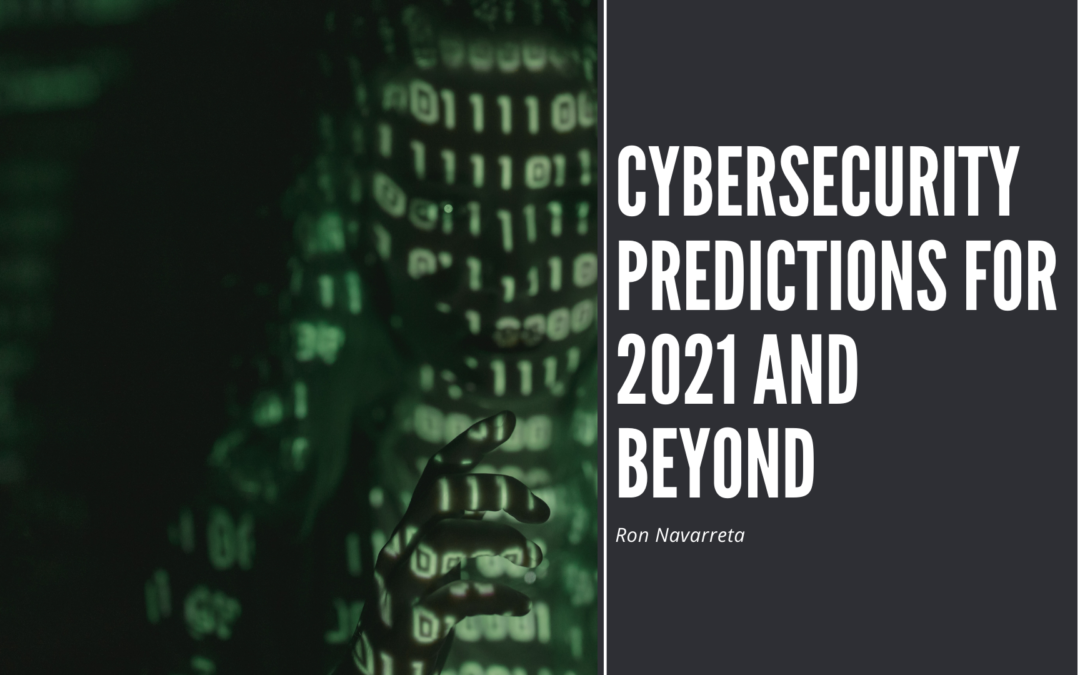In the recent past, cybercrime has ravaged various companies and governmental organizations. By 2021, the damages caused by cybercrime activities had reached a whopping total of $6 trillion. This is a concerningly high percentage when compared to global economies. In addition, only China and the United States of America have an economy valued beyond the $6 trillion mark. With the pandemic at hand and cyberattacks evolving each day, protecting organizations is becoming more complex. However, if you can predict the future of cyberspace, then you can prepare adequately. This will help you to keep off most of the attacks aimed at an organization.
Remote and Storage Concerns
There are many different predictions for what will happen in the world of cybersecurity. Recent projections estimate that there will be increased security to accommodate for the vulnerabilities caused by the current rush to store everything in the cloud.
Likewise, it has already become clear that the push towards remote work has created new avenues for hackers and scammers alike to find their way into the company. As such, extensive security problems are caused by remote working. More attacks are bound to be directed at home networks and computers to access organizations’ computer systems.
Laws
It is safe to assume that laws will be forced to adapt to the rising trends in technology. Stricter and new laws regarding privacy and how companies treat private data will soon become necessary.
Cryptocurrencies
The last few years have seen a significant increase in cryptocurrencies. That rise is not likely to stop anytime soon, despite certain companies outlawing cryptocurrency mining. Experts are already warning of the need for increased security in these sectors, as money will always be a high-value target, even in digital form.
Increased Speed and Accessibility
With technology improving every day, internet speeds are on the rise, as is accessibility. While both these factors are great news, they are limited by the security measures that accompany them.
High-speed network vulnerability is a genuine concern. Better speeds mean better operational speed for attacks. In essence, though 5G will bring about many advantages, attackers will use these advantages as an addition to their criminal toolbox.
This concern is linked to one already mentioned above – remote work access. Remote work has made the last two years safer for countless citizens, yet many companies struggle to find the best cybersecurity measures.

